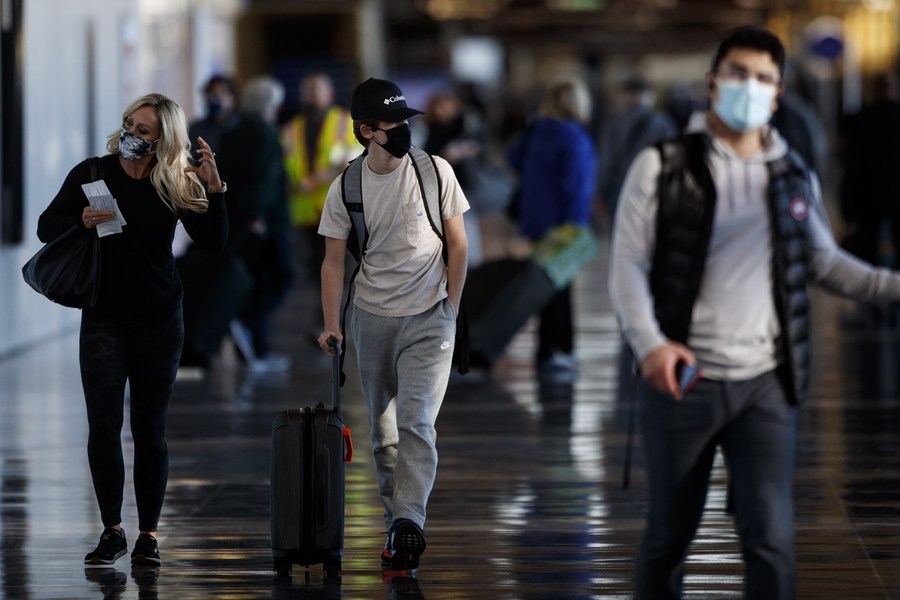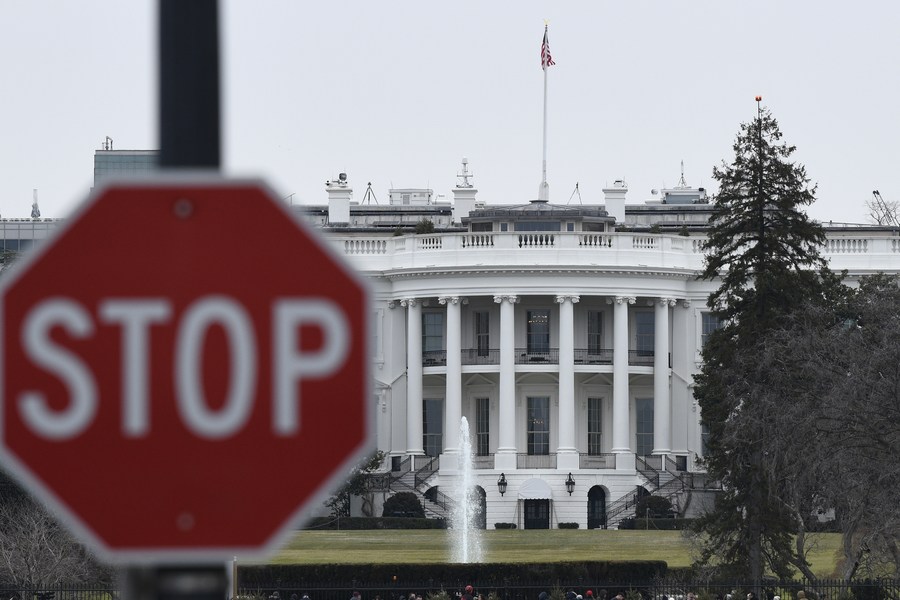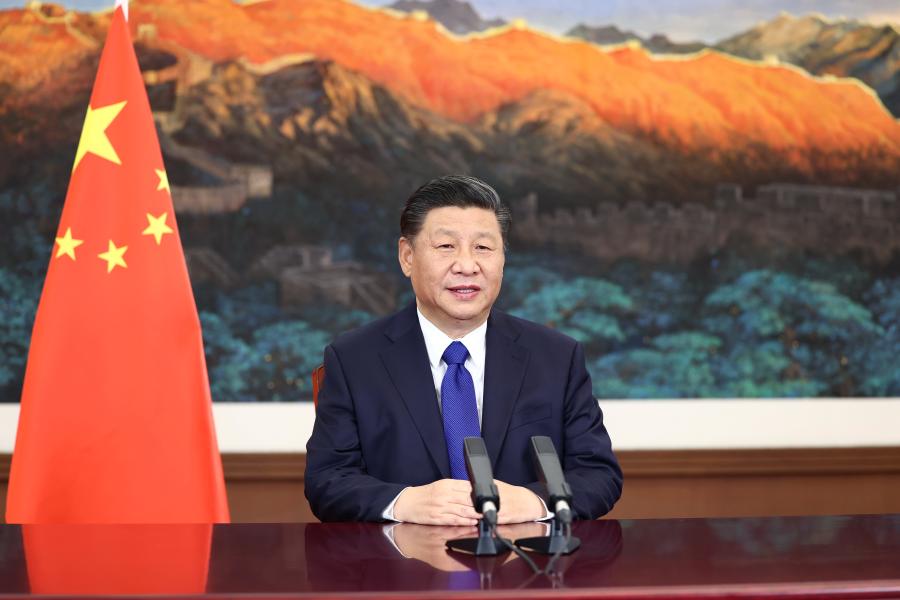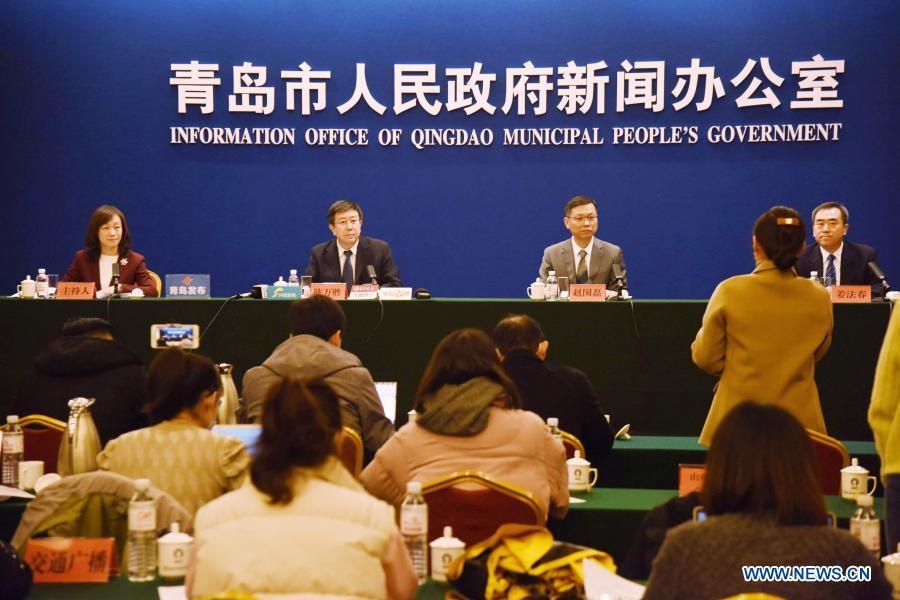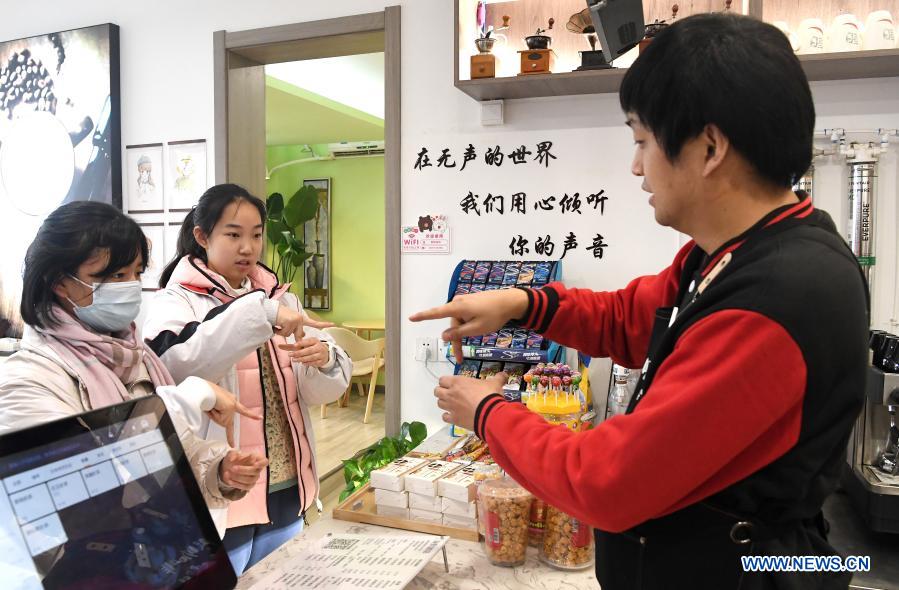-Thanks to the collaboration and hard work of Chinese and European staff, as well as efforts made by the European community to contain the virus, the BRI projects have moved forward at a steady pace.
-The BRI projects have become a lively practice which is eco-friendly, high-quality and sustainable.
BRUSSELS, Dec. 3 -- With wind turbines spinning, highways stretching forward and seaports operating around the clock, the Belt and Road Initiative (BRI) projects from the Mediterranean to the Baltic have displayed vigor and resilience, bringing tangible benefits to Europe amid the COVID-19 pandemic.
Despite difficulties and challenges since the outbreak of the pandemic, constructors and operators of the China-assisted projects have been trying to get them back on track, embarking on a path of green, high-quality and benefit-sharing development.
RESPONSE TO PANDEMIC
During the first wave of COVID-19 infections in spring and summer, the on-site construction of the BRI projects in Europe has been suspended.
"The COVID-19 pandemic has inevitably delayed our project, as the production of steel box girders was halted, while international travel restrictions left us understaffed," said Lu Shengwei, a representative of China Road and Bridge Corporation (CRBC) in Croatia.
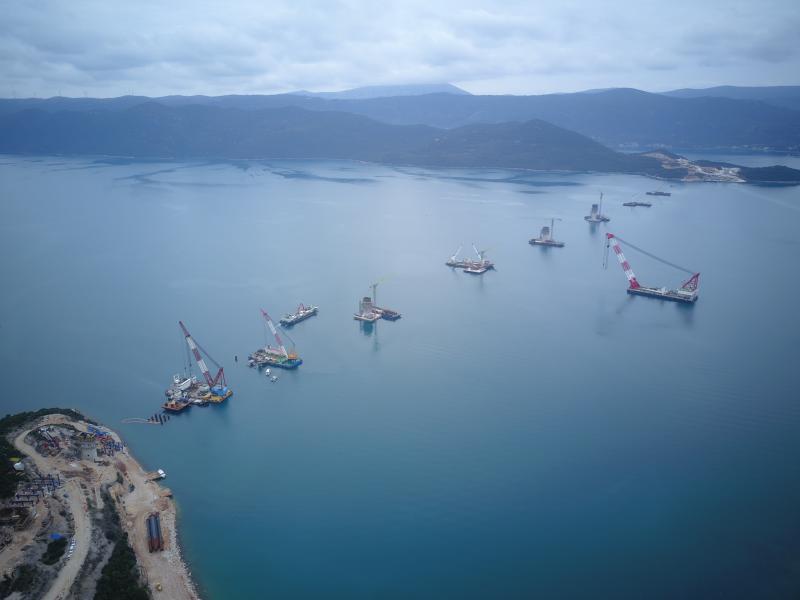
Aerial photo taken on Feb. 1, 2020 shows the construction site of the Peljesac Bridge near Komarna, Croatia. (Xinhua/Gao Lei)
The CRBC is working on the construction of the Peljesac Bridge, a 2.4-km-long bridge connecting the Croatian mainland with the Peljesac Peninsula. It is an iconic infrastructure project funded by the European Union (EU).
To catch up with the schedule, the company even ordered a direct charter flight for its welders, Lu told Xinhua.
In face of the challenges, the Fabryka Lozysk Tocznych-Krasnik S.A. (FLT-Krasnik), a bearings manufacturer in southeast Poland that was acquired by the Chinese Tri-Ring Group, managed to maintain all of its 1,650 employees.
Manos Tsakiltzis, a 54-year-old bus driver in Greece, recalled how he had lost his job when the virus struck the tourism industry earlier this year. Later he was hired as a short-term truck driver at the Piraeus Port, Europe's fourth-largest port run by China's COSCO Shipping.
Tsakiltzis said the protective measures implemented by the port were excellent and it is "a great pleasure" to work with his Chinese colleagues.
"I really appreciate it," Tsakiltzis said, referring to this job opportunity, adding that it has helped him and his family stand on their feet.
STEADY PACE FORWARD
Thanks to the collaboration and hard work of Chinese and European staff, as well as efforts made by the European community to contain the virus, the BRI projects have moved forward at a steady pace.

